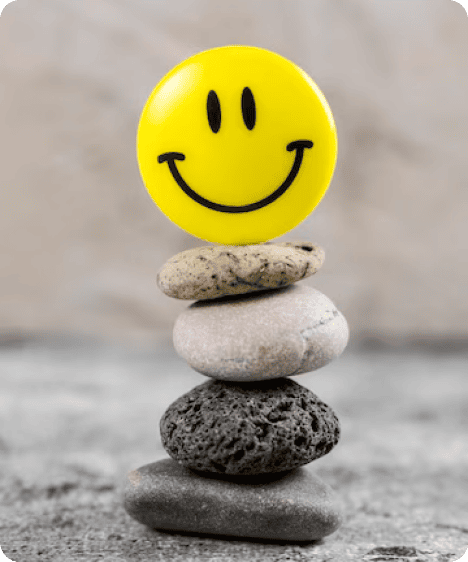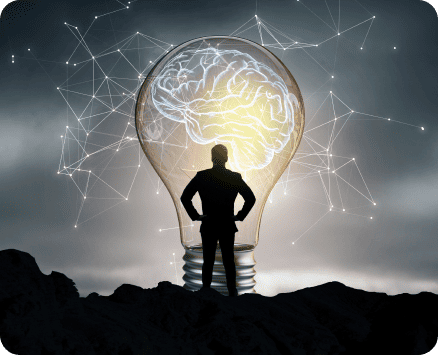What can you expect?
- A safe and supportive environment where your emotions are valued and understood.
- A therapist who listens attentively, asks insightful questions, and celebrates your progress.
- A collaborative approach focused on identifying your goals and developing a personalized treatment plan.
- Skills and techniques to manage stress, improve communication, and build stronger relationships.The opportunity to explore past experiences that may be impacting your present life.
- Tools for navigating difficult emotions and developing healthy coping mechanisms.


Understanding Your Pain and Patterns
Many of us struggle with symptoms like anxiety, depression, or relationship problems. Our therapy goes beyond simply treating these symptoms. We understand that these issues often stem from deeper patterns of thinking, feeling, and relating that have developed over time. Through a collaborative exploration, we’ll work together to uncover these patterns, helping you gain valuable insights into your past and present. This self-discovery can be a powerful key to unlocking lasting change.
Deep Healing, Lasting Change
We’ll focus on understanding your unique experiences with trauma, stress, and anxiety. Through gentle exploration, we’ll uncover the roots of your pain and develop a personalized path to healing. This journey isn’t just about cognitive shifts; it’s about fostering emotional well-being and empowering you to build resilience


Shift your Mindset
Our thoughts have a profound impact on our emotions and behaviors. Sometimes, unrealistic or negative thinking patterns can hold us back from reaching our full potential. Using evidence-based CBT techniques, we’ll work together to identify these patterns. We’ll then explore the validity of these thoughts and develop more realistic and empowering ways of thinking. This shift in perspective can lead to significant improvements in your mood, self-esteem, and overall well-being
Unlock Better Relationships
Transactional Analysis (TA) provides a powerful framework for understanding how you relate to yourself and others. In therapy, we’ll use TA concepts to explore your communication styles, the roles you play in your relationships, and unconscious drivers that may be influencing your interactions. This exploration can shed light on relationship dynamics and help you develop healthier and more fulfilling connections with the important people in your life.


Empowering You for Real-Life Change:
Therapy is not just about feeling better in the therapist’s office. Our ultimate goal is to empower you to make lasting changes that enhance your life outside of therapy. We’ll equip you with practical tools and strategies that you can use in real-world situations. As you start feeling confident to try out new ways of being and doing, your therapist helps you navigate the complexities of relationships, situations, and thought patterns. These tools might include communication skills for more effective conflict resolution, stress management techniques to navigate challenging situations, or mindfulness practices to cultivate greater emotional awareness
A Collaborative Journey of Healing:
We believe that therapy is most effective when it is a collaborative journey. You are the expert on your own experience, and we act as your guide and support system. We’ll work together to identify your goals, develop a personalized treatment plan, and celebrate your progress every step of the way. In this safe and supportive environment, you can feel free to express your emotions openly and honestly, knowing that you’ll be met with empathy and understanding.


Empowering You for Real-Life Change:
Therapy is not just about feeling better in the therapist’s office. Our ultimate goal is to empower you to make lasting changes that enhance your life outside of therapy. We’ll equip you with practical tools and strategies that you can use in real-world situations. As you start feeling confident to try out new ways of being and doing, your therapist helps you navigate the complexities of relationships, situations, and thought patterns. These tools might include communication skills for more effective conflict resolution, stress management techniques to navigate challenging situations, or mindfulness practices to cultivate greater emotional awareness
Ready to Heal?
